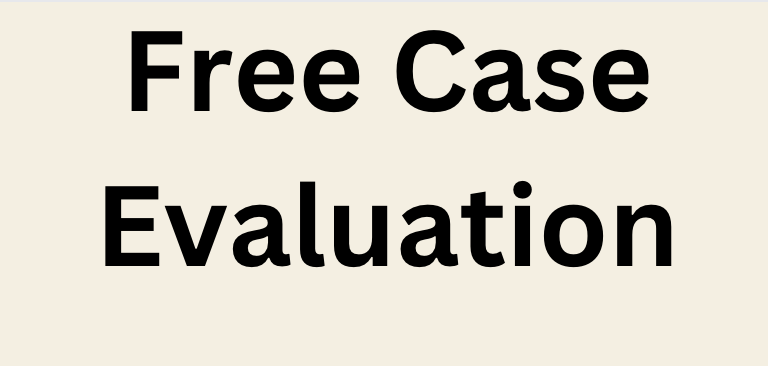California Unpaid Wages

California has some of the most robust wage and hour laws in the United States. Employers are legally obligated to pay employees accurately and promptly for their work. Many different laws and regulations govern unpaid wages in California, including the California Labor Code, Wage Orders issued by the Industrial Welfare Commission (IWC), and federal labor laws.
Unpaid wages can manifest in various ways, including but not limited to:
- Unpaid overtime
- Unpaid minimum wage
- Uncompensated off-the-clock work
- Wage theft
- Unlawful deductions
- Missed meals and rest breaks
The legal process for unpaid wage cases may involve:
- Filing a wage claim with the California Division of Labor Standards Enforcement (DLSE).
- Participating in settlement negotiations.
- Proceeding to court if a settlement cannot be reached.
- Presenting evidence and witnesses during court proceedings.
- Receiving a judgment in your favor, which can include unpaid wages, penalties, and attorney fees.
California Unpaid Wages FAQ
- Am I entitled to overtime pay if I am being paid a salary and working overtime hours?
You are entitled to overtime pay unless you are properly classified as an “exempt” employee. If you are not exempt and are working overtime without extra compensation, you may be eligible for additional pay. - Should I receive compensation for all hours of work, including when I work “off the clock” or am “on-call”?
Yes, you should be compensated for all hours worked, including “off-the-clock” or “on-call” hours. If this is not happening, you may be due further compensation. - Is my employer’s four-day/10-hour-per-day workweek program approved by the California Labor Commission, and am I owed overtime wages if it’s not?
If your employer’s Alternative Work Week program is not approved by the California Labor Commission, and they have a four-day/10-hour-per-day schedule, you might be owed overtime wages. - Am I entitled to a 30-minute uninterrupted meal break by the fifth hour of work, and what are my rights if I am not receiving these breaks?
You are entitled to a 30-minute uninterrupted meal break by the fifth hour of work. If you’re not receiving these breaks, you may be eligible for break time compensation or unpaid wages. - Should I be reimbursed for work-related expenses that I am currently paying for?
Yes, you should be reimbursed for work-related expenses. If you’re paying for these yourself and not being reimbursed, you may be entitled to compensation. - If I have to use my own vehicle for work, am I entitled to mileage reimbursement from my employer?
Yes, if you have to drive your own vehicle as part of your job, your employer should properly reimburse you for mileage. If not, you may be entitled to mileage reimbursement. - Am I supposed to be reimbursed for expenses like tools, uniforms, special shoes, or dry cleaning required for my job?
Yes, you should be reimbursed for these expenses. If you’re paying for tools, uniforms, special shoes, or dry cleaning and not being reimbursed, you may be entitled to compensation. - If I quit or was terminated, should I have been paid all my wages owed in a timely manner according to the Labor Code, and what can I do if this didn’t happen?
Upon quitting or termination, you should be paid all your wages owed in a timely manner as per the Labor Code. If this did not happen, you might be eligible for unpaid wages and penalties. - If I am being paid with an out-of-state payroll check, am I entitled to compensation for check cashing fees or a check charge?
Yes, if you are required to pay check cashing fees or a check charge to cash your payroll check, this could be a violation of the California Labor Code, and you might be entitled to compensation. - How can I tell if my commissions are properly calculated, especially if I receive them in addition to an hourly wage?
To determine if your commissions are properly calculated, you should be able to easily understand the commission calculation on your earning statement. If unsure, you may need to consult to ensure accurate calculation. - Is my employer required to provide me with an earnings statement that clearly states my wages, overtime, commission, and deductions, and what should I do if this is not the case?
Your employer is required to provide a clear earnings statement with details of your wages, overtime, commission, and deductions. If this is not provided, you may need assistance to determine if you were paid correctly. - Should my commissions be included in the calculation of my overtime wages?
If you earn a commission in addition to an hourly wage and work overtime, your overtime pay rate may differ. You should verify if your commissions are included in your overtime wage calculation. - Am I guaranteed the minimum wage if my pay is based on commission or other means, such as “commission only”, “piece-rate”, or “per-trip” payments?
You are guaranteed a minimum wage, even if your pay is based on commission, piece-rate, or per-trip payments. Specific rules apply to these payment methods, and you should verify if you are being paid correctly.
